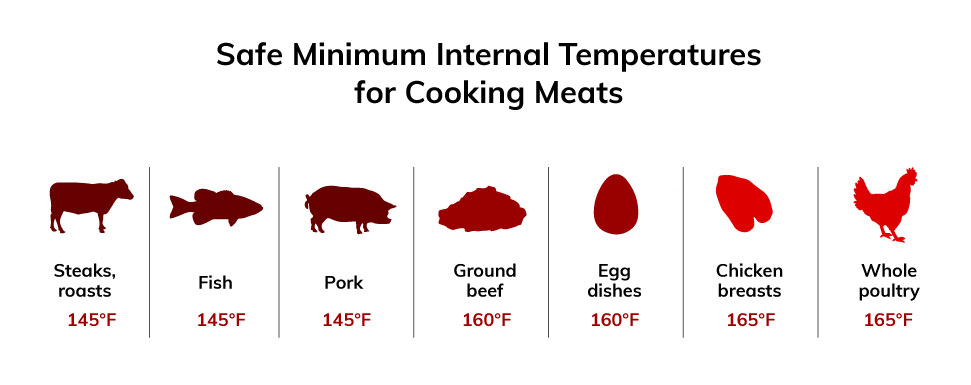How to Pass Your Next Restaurant Health Inspection: What to Expect & How To Handle Failure
The Rezku Team

Restaurants and bars are subject to periodic surprise health inspections by local authorities. Failing an inspection can have serious consequences, from damaging your reputation to fines and temporary closures.
As a restaurant owner or manager, it’s crucial to understand the health code standards, common violations, and proactive steps to ensure you pass with flying colors.
Who Sets the Health Code Standards?
Health code standards are developed at the federal level by the FDA, but they are not mandatory nationwide. Instead, local municipalities establish their own comprehensive standards based on the FDA Food Code, which provides a scientifically-backed technical and legal basis for regulating the and food service industry.
These local ordinances have the force of law, and health inspectors will enforce them through warnings, increased inspection frequency, penalties, and even shutdowns for major violations.
What Are Common Health Code Violations?
The overarching goal of health codes is to reduce the risk of foodborne illness. Some of the most common health code violations include:
Food Temperature Issues - Leaving food at room temperature for too long, allowing bacteria to grow - Failing to cook meats to the proper internal temperature to kill harmful bacteria

Bare Hand Contact with Food - Improper or lack of handwashing by staff - Allowing employees to handle “ready-to-eat” foods with bare hands
Sanitation Violations - Failure to properly wash and sanitize equipment, utensils, and food contact surfaces - Lack of a proper three-basin sink or commercial dishwasher for washing and sanitizing
Pest Control Issues - Evidence of insect or rodent infestation - Use of unapproved pesticides
Water, Sewage, and Plumbing Problems - Insufficient hot water supply - Lack of backflow prevention devices to stop sewage from contaminating the water supply
Major vs. Minor Violations
Not all health code violations are treated equally. Minor violations may result in a warning and the requirement to quickly resolve the issue. However, major violations that pose an imminent public health risk can lead to an immediate shutdown of the establishment.
What Happens If You Fail a Health Inspection?
If your restaurant or bar fails a health inspection, the inspector will likely allow you to remain open as long as the violations are not considered major. However, you will be given a warning and a deadline to resolve the issues identified.
Expect a follow-up inspection in the near future. If the violations have been corrected, you should see your score improve. But if the problems persist, you may face escalating penalties, such as increased inspection frequency, fines, or even a shutdown order until the issues are resolved.
Proactive Steps to Pass Your Next Health Inspection
To ensure your restaurant is always ready to pass a surprise health inspection, take these proactive steps:
- Implement a robust food safety training program for employees that is approved by your city or county.
- Instruct your management team to conduct regular internal food safety audits and inspections.
- Invest in the right equipment and facilities and promptly service or repair equipment that fails (dish washers, backflow systems, etc.)
- Develop strong collaborative relationships with your local inspectors.
- Stay informed about evolving food safety regulations so you’re not caught off-guard.
Conclusion
Implementing food safety standards and passing surprise health inspections are essential for any restaurant or bar serving the public. Remember, health inspectors should not be a source of fear and anxiety. They are there to work with you to promote food safety and protect public health.
Develop a strong relationship with your local inspectors, address any issues promptly, and make food safety a top priority in your operation.
By understanding the health code standards, common violations, and the consequences of failing an inspection, you can take proactive steps to ensure your establishment consistently meets or exceeds the requirements.
With the right approach, you can navigate the health inspection process with confidence and keep your business thriving.
This free guide is part of a series on restaurant operations management presented by Rezku. Rezku is an end-to-end restaurant business management platform designed specifically for the food and beverage service industry. We help restaurants, bars and pizzerias reach their goals, run more efficiently, and achieve greater profitability.
Contact us today for a free consultation. Call: 1-844-697-3958 x2 // eMail: sales@rezku.com
Is Rezku the POS system you’ve been searching for?
Get a custom quote and start your free trial today.
Related Posts


